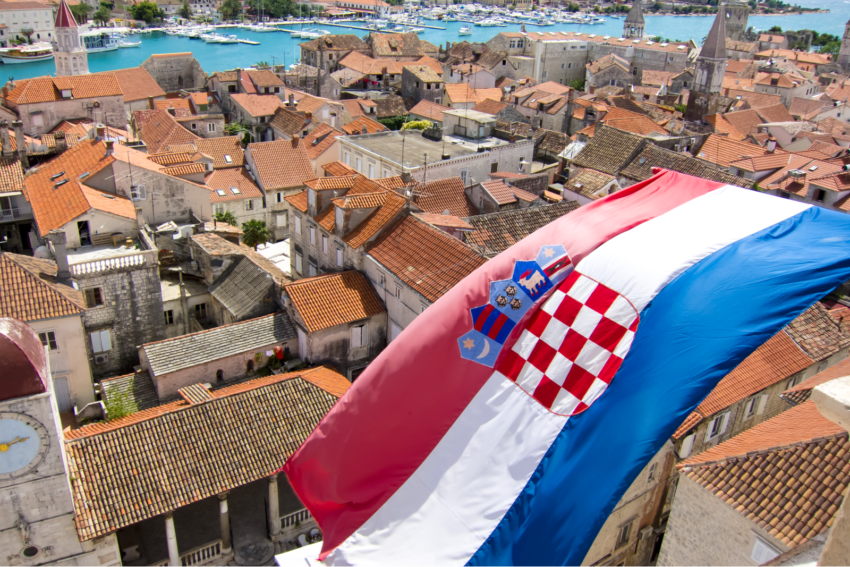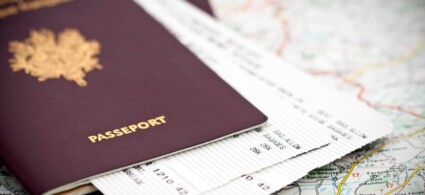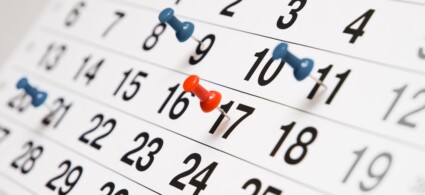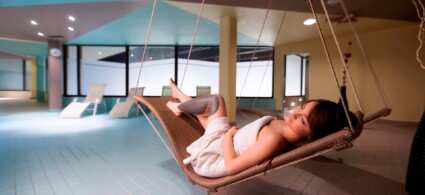

What documents do I need to enter Croatia or rent a car? Who can I call in case of help? At what time do shops close? Is it forbidden to smoke inside the premises? Can I pay in euros? If you are planning a trip to Croatia, here you will find a mini-guide with all the information you may need to organise your trip. If your departure is approaching and you feel a thousand doubts assailing you, don’t worry: in this article you can find the answers to the most common questions of those who are going to Croatia for the first time or perhaps returning there after many years.
Here, then, is all the useful information you need to know before you leave in order to travel with peace of mind and avoid hassles and mishaps.

Croatia is part of the European Union and the Schengen area (as of 2023), which means that EU citizens can travel without restrictions. If you travel to this country by plane or ferry you will still need to carry a valid ID card (or passport).
If you need to rent a car in Croatia, you are also required to have a valid driving licence in addition to your identity card (or passport), while the use of motor boats, including dinghies, requires a nautical licence. Those travelling in Croatia with their own vehicle must also have their insurance documents in order. Remember that motorway tolls are paid at toll booths in cash or by credit card. For the use of motor boats, including rubber dinghies, possession of a licence is mandatory.
Those who are going to Croatia for a holiday, business or study trip are entitled to health care under the same conditions as Croatian citizens in local public facilities. Remember that you need to present your European Health Insurance Card (EHIC), also commonly referred to as a health card. Depending on your medical condition or problem, you may be required to pay a co-payment by the public hospital. Dental treatment, repatriation costs and private therapies are not included in this free service. If you are prescribed medicines by a Croatian doctor, you can purchase them with a prescription at pharmacies that have an agreement with the Croatian National Health Service.
However, for greater security and peace of mind, you can choose to purchase travel insurance that also covers medical problems.
There are currently no vaccination requirements for travelling to Croatia.
In Croatia you can call 112, which is the single European emergency number available 24 hours a day, seven days a week. When you call this number, the system will automatically connect you with the nearest operations centre. Operators normally answer in Croatian, but in tourist areas they may also speak English.
Croatia is in the same time zone as Central Europe or Central European Time (CET).
Croatian is the official language of the country. In addition, English is widespread in tourist resorts, especially among younger people.
The international dialling code for Croatia is 00385, so Croatian callers should add this prefix before the number to be dialled. Please note that this prefix must also be added if you are already in Croatia and need to call a Croatian number from an international mobile phone.
The Croatian electricity network is the same as the electricity networks in the rest of Europe. The advice is always to take an adapter with you to be sure of charging your devices.
The current currency in Croatia is the EURO, since 1 January 2023 Croatia has officially joined the Eurogroup, becoming the 20th member country of the Eurozone. This means that it is no longer necessary to change into the local currency: the old local currency was the Kuna (HRK).
Shops in Croatia are generally open Monday to Friday from 8 a.m. to 8 p.m., and on Saturdays they open from 8 a.m. to 2 p.m. Shopping centres usually open a little later (usually at 9:30/10:00) but remain open longer hours. Only a few businesses also remain open on Sundays and usually only in summer and in tourist locations. During the summer season in some towns on the coast, businesses may keep different hours: they open around 9:00 and take a break during the hottest hours, usually from 12:30 to 16:00, and then reopen until 20:00 or 21:00.

National holidays in Croatia are 14 days of the year on which civil and religious holidays occur.
In chronological order, these are
In addition to these, there may be local holidays, which you can check out on the Events in Croatia page.
Croatia is a fairly safe country, with a crime rate within the European average. There are no particular security problems to report, and the usual safety recommendations apply here too: watch out for bags, wallets and valuables.
In Croatia, smoking is prohibited in enclosed public places, including means of transport. Larger premises may equip themselves with a smoking area, which must be equipped with a ventilation system. Hotel establishments are also all ‘no smoking’, but may have rooms for smokers, which must be in separate areas and have an independent ventilation system.
Three climate zones can be identified in Croatia:
For information on the climate in Croatia and a weather forecast for the next few days, please visit the Croatia Weather page.


